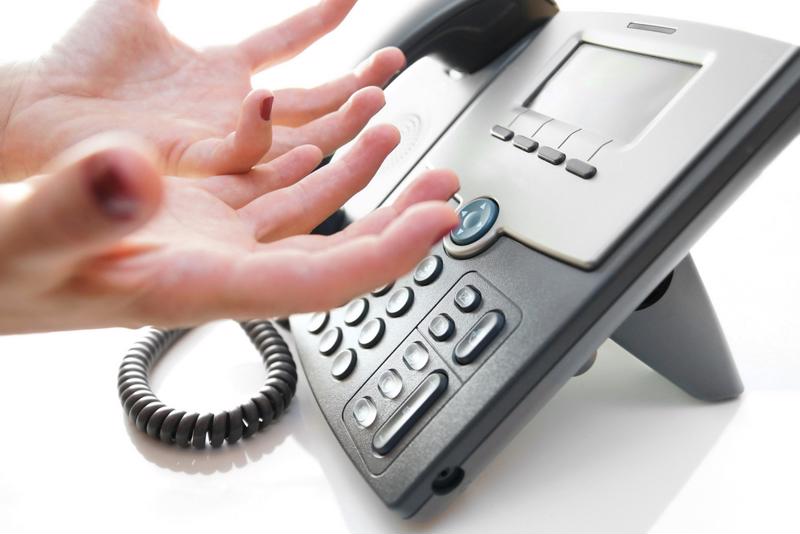Verizon found itself in hot water recently when a group devoted to protecting consumers accused the telecom giant of overcharging landline customers. The problem, which was pointed out by New Networks, is that there's currently a discrepancy in what customers should be paying and what their bills actually look like, according to the New York Post.
Verizon's copper infrastructure is old, having been fully constructed and paid off some time ago. Bruce Kushnick, New Network's executive director and phone company expert, believes that the current landline prices have been increased in order to pay for Verizon's creation of mobile and fiber networks. Landline customers don't use these resources, which would mean customers were paying for something they don't have access to.
"This accusation has big implications for the company."
How much money was charged?
Although Verizon has denied any allegations regarding their copper infrastructure and no charges have been filed, this accusation has big implications for the company. Charging customers for services they don't use could end with Verizon paying restitution if this were to be brought to the courts. This is because this particular overcharge wasn't just a few dollars extra. Kushnick estimated that some customers might have been paying quite a lot more than they should have.
"All the copper networks have been written off," Kushnick said. "Copper-based phone services should be $10 or $20 [per month]."
The problem with this is that Verizon's basic package for two million New York residents started at $23. In fact, certain long-distance calling plans went higher than $60. New Networks estimated that over the past couple of years, Verizon may have overcharged customers between $1,000 and $1,500 each. If this is proven to be true, and if this money was used to improve a service these customers couldn't access, Verizon could be in big trouble.
This speaks to the larger issue of America's aging copper infrastructure
This isn't the first time that Verizon has had to deal with complaints regarding its copper wire infrastructure. In December 2015, 16 New Jersey towns accused Verizon of not performing proper maintenance on the local copper network. Although the telecom company has endeavored to continue cellular service in these areas, local citizens say this isn't enough. They are demanding that Verizon fix the local copper infrastructure until such a time as the organization can implement a statewide fiber initiative, according to Ars Technica.
Verizon fought back against these allegations, saying that it had put more than $4 billion into its New Jersey infrastructure, an undisclosed portion of which was said to have gone to the copper wire network. The townspeople involved in this debacle, however, say that they've been having major problems with their service. Fog and light rain has been known to drop service, and 911 calls have been known to cut off.

Once again, whether these allegations are completely true or not remains to be seen. However, this certainly makes sense considering the current state of the copper network. People have been quick to drop landlines in favor of cellphones in areas where this is a viable option, but the loss of America's copper infrastructure is bigger than phone calls.
Legacy fax machines, such as those used by healthcare facilities to ensure HIPAA compliance, rely entirely on this infrastructure to send and receive messages.
What can those reliant on legacy fax systems do?
Although the complete destruction of America's phone lines may be years away, it's still important for organizations to create a plan now while they still have time. Those who use legacy fax machines should look to Fax over IP for all of their document transfer needs. FoIP uses the Internet to send messages, thereby bypassing the need to go through copper phone lines. What's more, FoIP is just as secure as legacy fax systems, meaning it can help facilities meet compliance standards.
Enhance enterprise communication, collaboration, and compliance efforts with a proven FoIP solution from FaxCore. Contact FaxCore today to learn more about their 'Partly-Cloudy' fax solutions.




